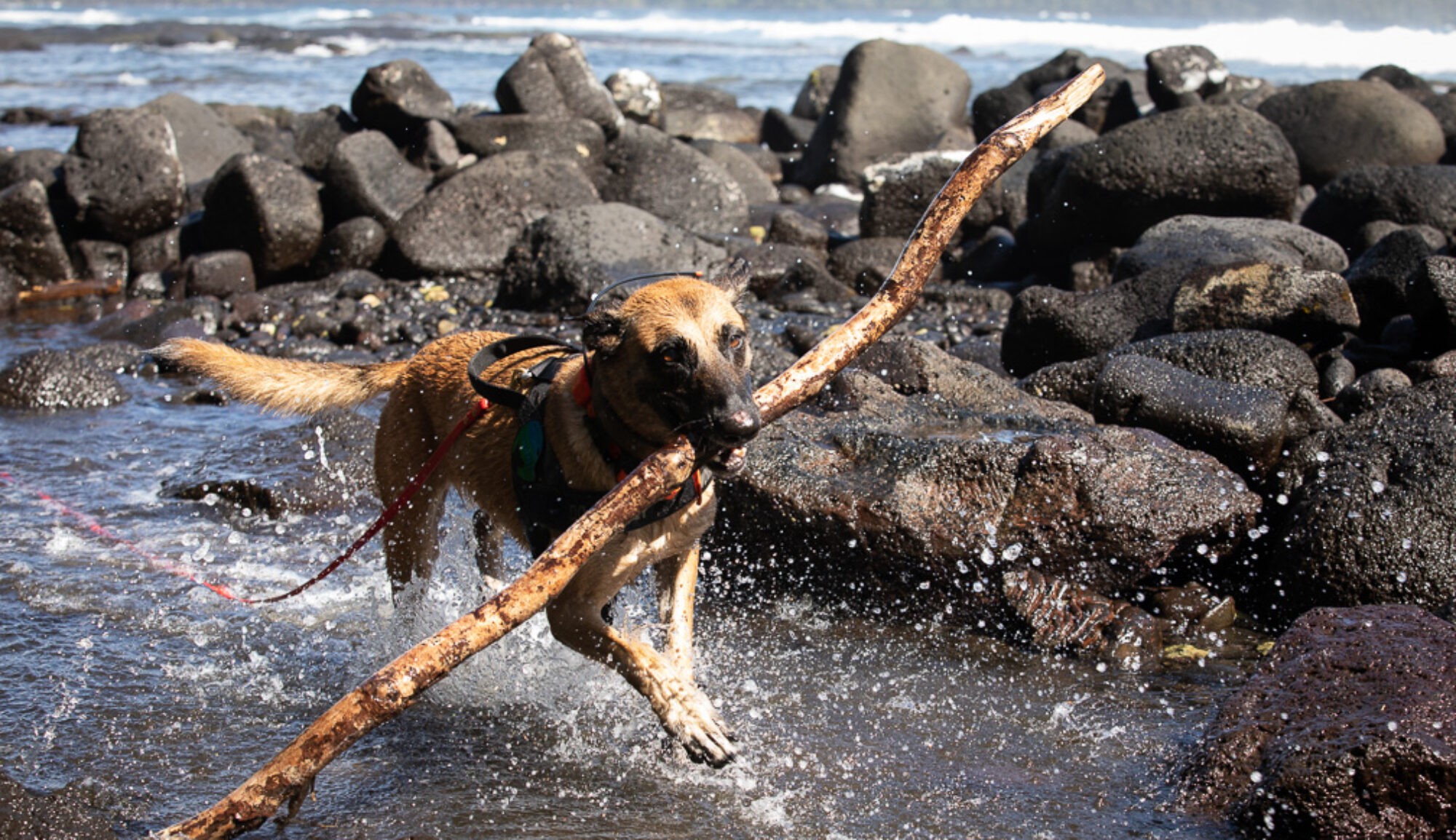Socialization is a foundational aspect of a dog’s development and has a profound impact on their behavior, temperament, and overall well-being. It refers to the process by which puppies and dogs are exposed to new experiences, including meeting different people, animals, environments, and encountering various sights, sounds, and smells. Here are several reasons why socialization is critical for dogs:
Preventing Fear and Anxiety: A well-socialized dog is typically more confident and less fearful of unfamiliar situations. Without proper socialization, dogs may become anxious, stressed, or frightened when faced with new experiences or environments, which can lead to problematic behaviors.
Behavioral Development: Socialization helps puppies learn appropriate behaviors from other dogs, such as bite inhibition, body language cues, and social structure. This learning is crucial for developing good manners and understanding how to interact with other dogs without aggression or fear.
Adaptability: Dogs that are exposed to various people, animals, and environments at a young age are more likely to adapt to changes throughout their lives. This adaptability can make it easier for them to handle situations like moving to a new home, traveling, or visiting the vet.
Reducing Aggression: Dogs that lack socialization may become more prone to aggression due to fear or territorial behavior. Socialized dogs are generally better at handling encounters with other dogs and people, which reduces the likelihood of aggressive responses.
Building a Strong Human-Dog Bond: Socialization includes positive interactions with humans, which can strengthen the bond between a dog and their owner. A socialized dog is more likely to be comfortable with human touch, handling, and various forms of communication, all of which are important for a strong and trusting relationship.
Safety: Socialized dogs are less likely to react negatively to unexpected stimuli. This can prevent dangerous situations, such as a dog running away in fear or biting someone out of anxiety. A dog that is accustomed to different people and scenarios is more likely to remain calm and under control.
Quality of Life: A dog that is comfortable in a wide range of situations can enjoy more activities with their owner, such as going to dog parks, participating in doggy daycare, or joining family outings. This enriches the dog’s life and allows for more varied and fulfilling experiences.
Enhancing Trainability: Dogs that are well-socialized tend to be more receptive to training. They’re used to learning from their environment and are typically more focused during training sessions, leading to better outcomes.
Health: Regular socialization can also contribute to a dog’s physical health. Exposure to different environments can help strengthen their immune system, while positive social interactions can reduce stress levels, which are known to impact health.
Overall, socialization is not just about preventing negative behaviors; it’s about promoting a positive disposition, which allows dogs to live happy, balanced, and integrated lives as part of human society. For these reasons, veterinarians, trainers, and behaviorists strongly recommend that owners prioritize socialization, particularly during a puppy’s critical socialization period, which is typically between 3 to 14 weeks of age. However, socialization should continue throughout a dog’s life to maintain and reinforce these benefits.
All of our services are offered upon the principles of socialization.
